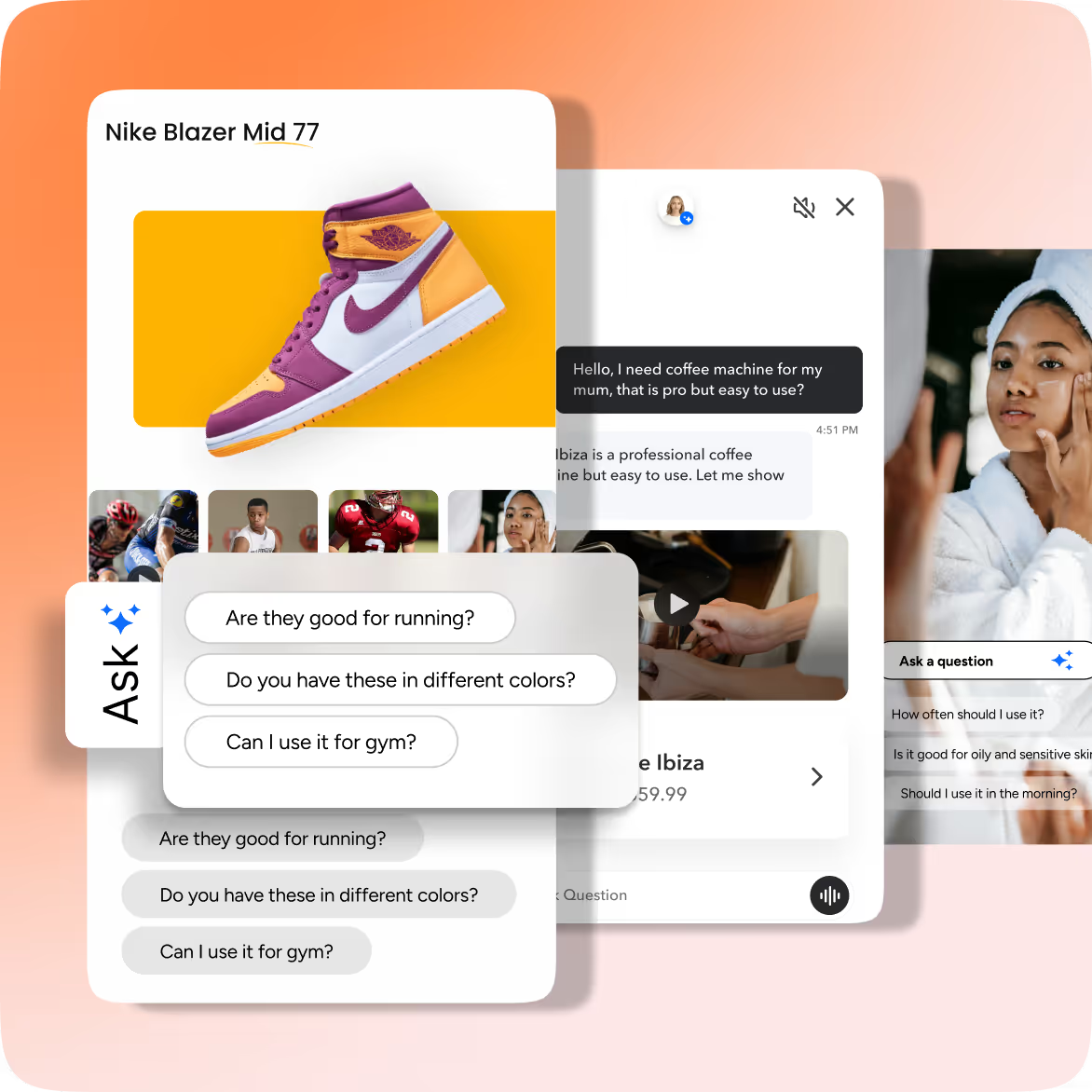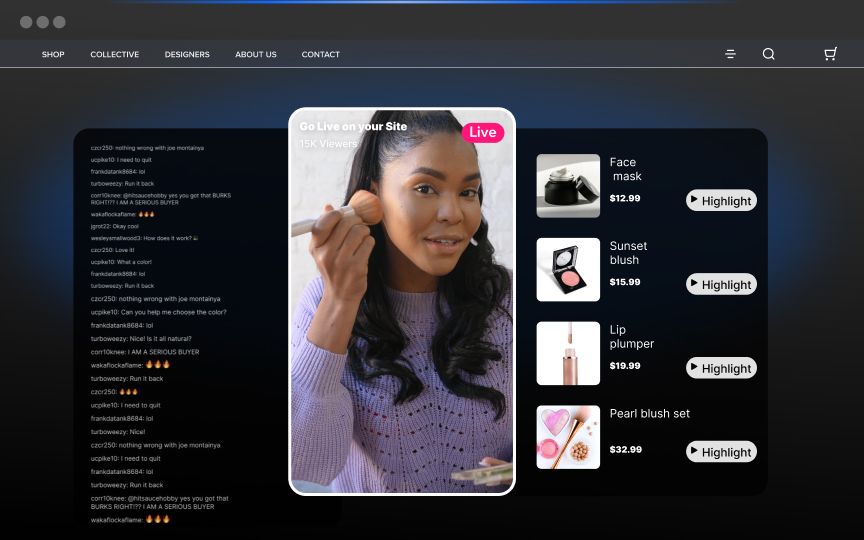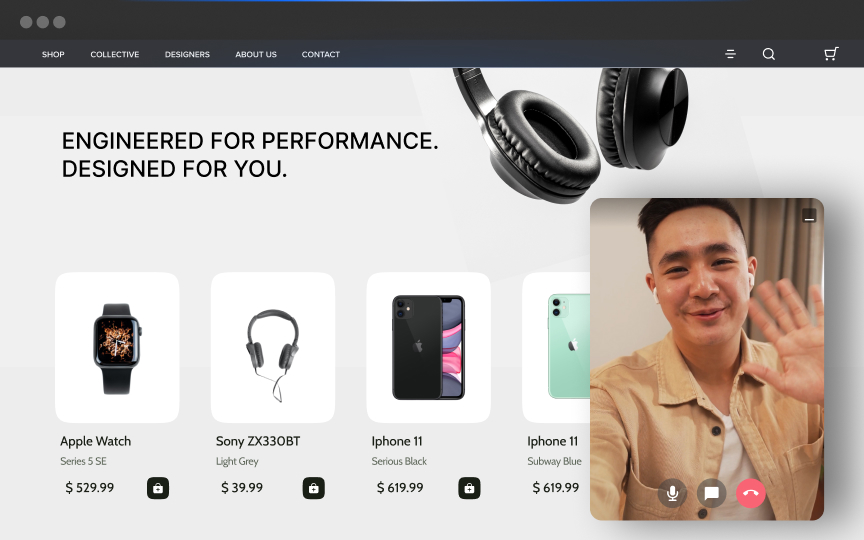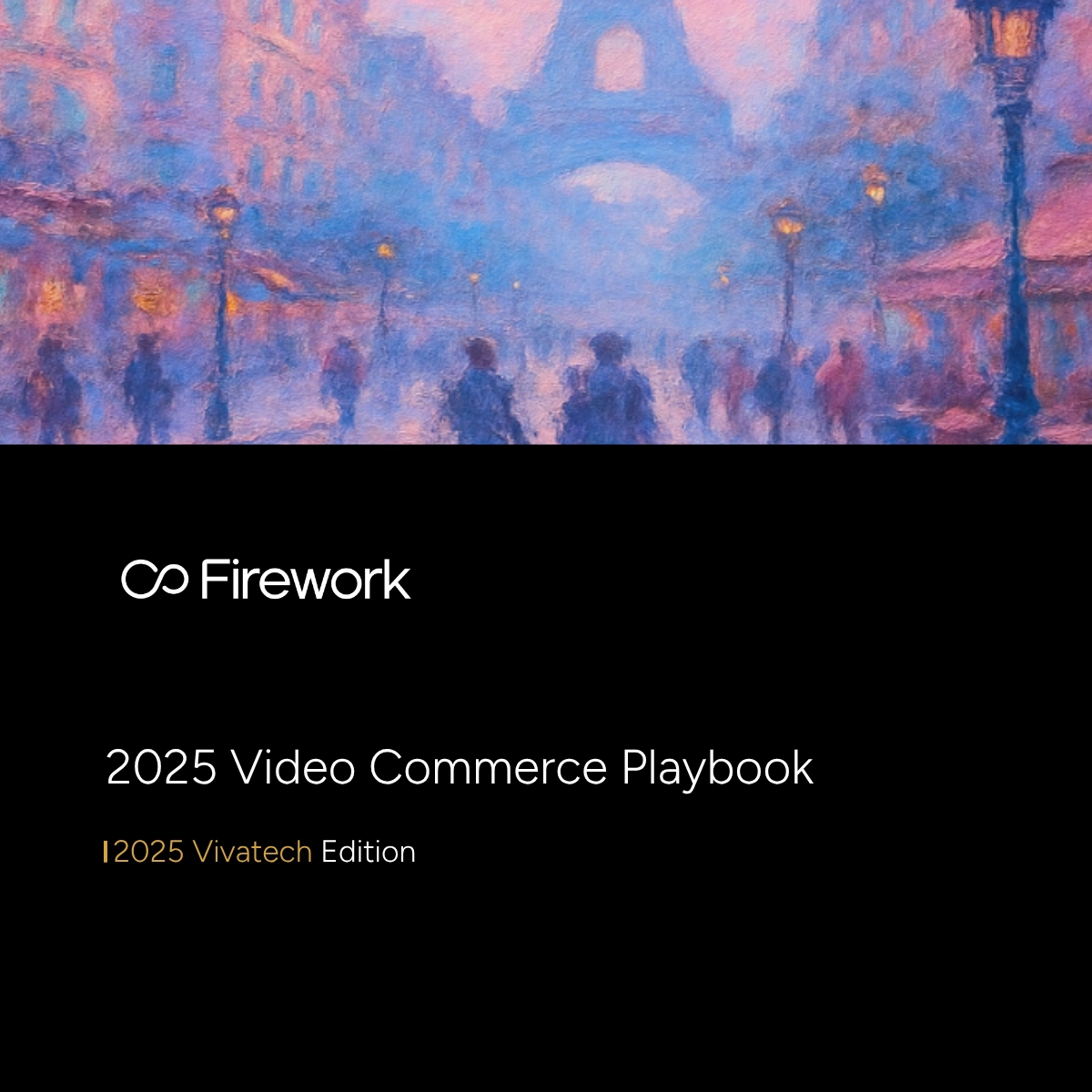TikTok isn’t just a place for viral dances and memes anymore—it’s a full-on e-commerce powerhouse. The platform's TikTok Shop has completely changed how brands connect with customers by combining entertainment, shopping, and discovery in one seamless experience. But what happens if TikTok gets banned in the U.S.? And how can companies pivot if this becomes a reality? Curious? Let's break it down.
Why TikTok Matters for Brands?
TikTok has become a powerhouse for many brands, allowing them to engage with a massive, young audience. According to TikTok research, 70% of users find new brands and products on the platform, and 83% say TikTok plays a significant role in their purchase decisions. It’s no surprise that brands are jumping on the TikTok bandwagon to reach consumers, especially Gen Z, who are highly influenced by the platform.
Companies like Maybelline, Gap, Pizza Hut, and Nike have leveraged TikTok to build brand awareness and boost sales. E.l.f. Cosmetics, for example, was the first to take part in TikTok Shop's Super Brand Day, creating buzz by launching new products and offering exclusive discounts. Nike also saw huge success with its #MagicBoots campaign, gaining over 215,000 followers in just six days.
TikTok’s shopping features, including livestreams and flash sales, provide brands with unique opportunities to engage customers in real-time and drive immediate sales.
Why a Ban Could Be on the Table?
Despite TikTok Shop’s wonderful success over the last few years, the platform faces potential legal battles in the U.S. Due to national security concerns over data privacy of users, lawmakers have raised the possibility of banning TikTok or forcing its parent company (ByteDance) to sell the app.
In December, TikTok filed an emergency motion to stop the ban, but if the deadline passes and the company doesn’t sell, TikTok could be made illegal in the U.S. While the future remains uncertain, these developments could have a huge impact on TikTok’s ability to operate in the country.
Why Is TikTok Facing Legal Challenges in the U.S.?
TikTok has faced legal challenges in the United States due to national security concerns over user data privacy. Lawmakers have considered banning the app or requiring its parent company, ByteDance, to divest its U.S. operations.
In December 2024, TikTok filed an emergency motion to halt the impending ban. However, on January 17, 2025, the Supreme Court upheld the law mandating ByteDance to sell TikTok or face a ban by January 19, 2025. President Trump issued an executive order on January 20, 2025, delaying the enforcement of this law by 75 days to explore alternatives that address national security concerns without immediately shutting down the app.
Despite this extension, TikTok remains unavailable for download on U.S. app stores, leaving its future operations in the country uncertain.
What’s Next for Companies If TikTok Is Banned?
The potential ban of TikTok in the United States would pose significant difficulties for companies, content creators, and marketers who have heavily invested in the platform.
TikTok's short-form video format and its integrated e-commerce features have enabled brands, particularly those targeting younger audiences, to build dedicated followings and generate significant engagement. If the ban goes through, companies must adjust their strategies to maintain their digital presence and revenue.
For influencers, a TikTok ban would mean the loss of a substantial audience. This could directly impact their income. Content creators like Chicago-based influencer Jen White, who has amassed 160,000 followers on the platform, have expressed concerns about how a TikTok ban will affect their revenue streams.
Brands that depend on TikTok for marketing (especially those brands that rely on influencer partnerships) would also need to reconsider their digital strategies. Many businesses have grown reliant on TikTok’s unique ability to foster engagement and drive sales, so a ban would be a significant blow.
To mitigate the effects of a TikTok ban, brands and content creators are looking toward alternative platforms. Instagram Reels, Meta's short-form video feature, seems to be the leading contender. YouTube Shorts, another platform offering short-form video content, is also on the radar for many creators.
These platforms are expected to see a boost in activity as creators migrate to them, and advertisers are likely to follow suit.
The Opportunity for Smaller Platforms
In addition to mainstream platforms, some emerging platforms are gaining attention. RedNote, for example, has already attracted brands like Duolingo, offering a fresh opportunity for marketers seeking alternatives. Lemon8, another app under the same parent company as TikTok, ByteDance, has also been receiving attention.
Similarly, Firework, which focuses on video commerce, could serve all those brands who are looking to continue their e-commerce activities. These platforms have the potential to meet the demand for short-form content, especially with Firework’s added interactive shopping features.
But some platforms like Lemon8 may still face the same regulatory challenges as TikTok, which means their long-term viability remains uncertain.
How Firework Can Help Brands Adapt?
If TikTok is banned, brands will need to adjust quickly, and Firework can help with that. The platform enables brands to create shoppable videos, livestreams, and interactive features directly on their websites, replicating the shopping experiences they had on TikTok. Firework allows businesses to engage customers and drive sales without relying on TikTok Shop.
Features like personalized video content, one-to-one virtual shopping, and livestreams ensure that brands can maintain a seamless shopping experience, keeping customers engaged and conversions high, even if TikTok gets banned and they can no longer use the platform.
Conclusion
TikTok Shop is changing how brands interact with customers, making it a must-have platform for businesses targeting younger generations (like Gen Z). However, with the looming threat of a TikTok ban in the U.S., companies, small businesses, content creators, influencers, and marketers must diversify their strategies and adapt to new tools.
By using platforms like Firework, businesses can continue to offer interactive, engaging shopping experiences and ensure they remain relevant, no matter what happens with TikTok’s future in the U.S.
Unlock Exclusive Insights
By submitting this form, you agree to Firework's privacy policy and consent to receive personalized marketing communications. You can unsubscribe at any time.





























.jpg)
